Hoteliers Are Falling Further Behind in Meeting Guest Expectations
|
Now in its 16th year, the study measures overall hotel guest satisfaction across seven hotel segments: luxury; upper upscale; upscale; mid-scale full service; mid-scale limited service; economy/budget; and extended stay. Seven key measures are examined within each segment to determine overall satisfaction: reservations; check-in/check-out; guest room; food and beverage; hotel services; hotel facilities; and costs and fees. Overall guest satisfaction has declined to 757 on a 1,000-point scale, down 7 index points from 2011. However, guest satisfaction with the underlying experience has deteriorated much more than this score suggests, as relatively high levels of satisfaction with cost and fees mask declines in other areas of the guest experience. Satisfaction with check-in/check-out; food and beverage; hotel services; and hotel facilities are at new lows since the 2006 study and satisfaction with guest room has declined within one point of its lowest level in the past seven years. “As the industry continues to recover and rates increase, hoteliers need to get back to the fundamentals and improve the overall guest experience,” said Stuart Greif, vice president and general manager of the global travel and hospitality practice at J.D. Power and Associates. “Charging guests more and providing less is not a winning combination from a guest satisfaction perspective, much less a winning business strategy. In short, hoteliers are falling further behind and need to catch up.” The Staff Opinion Model, a new portion of the 2012 study, examines guest satisfaction with hotel staff by staff type across the guest experience. Overall, 56 percent of hotel guests have a high opinion of staff; 34 percent have an average opinion; and 10 percent have a low opinion of staff. Satisfaction is significantly higher among guests with a high opinion of hotel staff (average of 841 index points), compared with those with an average (673) or low (570) opinion of staff. “Advocacy and loyalty rates are also much higher among guests with a high opinion of the hotel staff. These guests are also more likely to use various hotel services, such as eating at a hotel restaurant,” said Jessica McGregor, senior manager of the global travel and hospitality practice at J.D. Power and Associates. “A friendly, service-oriented staff helps drive top- and bottom-line financial performance, not just satisfaction, by also generating greater repeat business and positive word of mouth.” Yet it’s not just room rates that affect customer satisfaction with costs and fees; as more than one-half of guests use the Internet during their hotel stay, charges for access can drag down satisfaction. The study finds that 55 percent of hotel guests use the Internet during their hotel stay–an increase from 20 percent in 2006–and 87 percent use Wi-Fi to connect. Among those that use the Internet, only 11 percent are charged an additional fee to connect. Yet those that were charged a fee have an average costs and fees satisfaction score of 688, 76 index points lower than those that were not charged a fee or the fee was part of the room rate. Complimentary Internet access is more likely included at mid-scale limited service, mid-scale full service, upscale, and economy/budget hotels. “Guests enjoy Wi-Fi for free in many places outside of their hotel experience, such as in coffee shops, restaurants and other locations, setting expectations against which hotels are compared,” said McGregor. “When guests learn they have to pay for Internet or when connection speeds are slow at a hotel, they are much more dissatisfied than they were in the past” Research conducted by J.D. Power’s Consumer Insight & Strategy Group1; to track social media activity finds that: Hotels that charge extra for Internet access are perceived as taking advantage of guests, especially given the number of places that offer this service for free. Luxury: The Ritz-Carlton (for a third consecutive year) “There will always be some guests for whom price sensitivity trumps all else and who will use independent websites or OTAs to make their reservation,” said Ramez Faza, senior manager of the global travel and hospitality practice at J.D. Power and Associates. “However, independent website and OTA customers still represent an opportunity for hoteliers. Once these guests are at a hotel, there is the opportunity for the hotel to provide an outstanding experience and create reasons for them to return to the brand and book through its channels for future stays.” For hotel guests, J.D. Power and Associates offers the following tips: If you book via any channel other than directly through the hotel, call the hotel to confirm your reservation and get the hotel’s confirmation number for your reservation. Source: hotelnewsresource.com |






